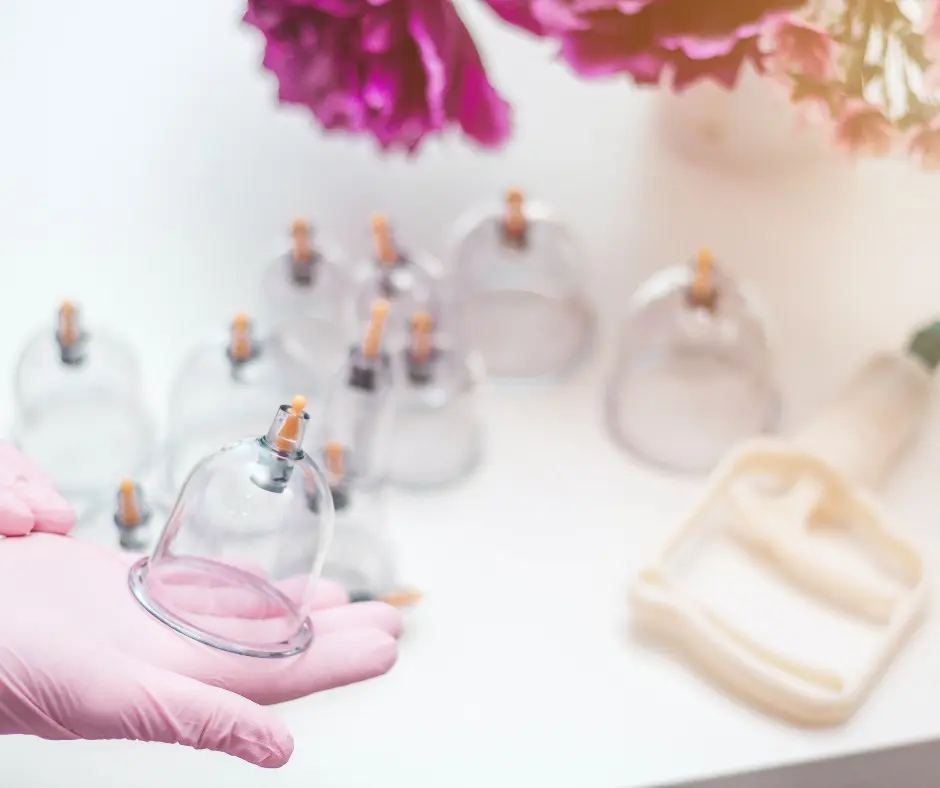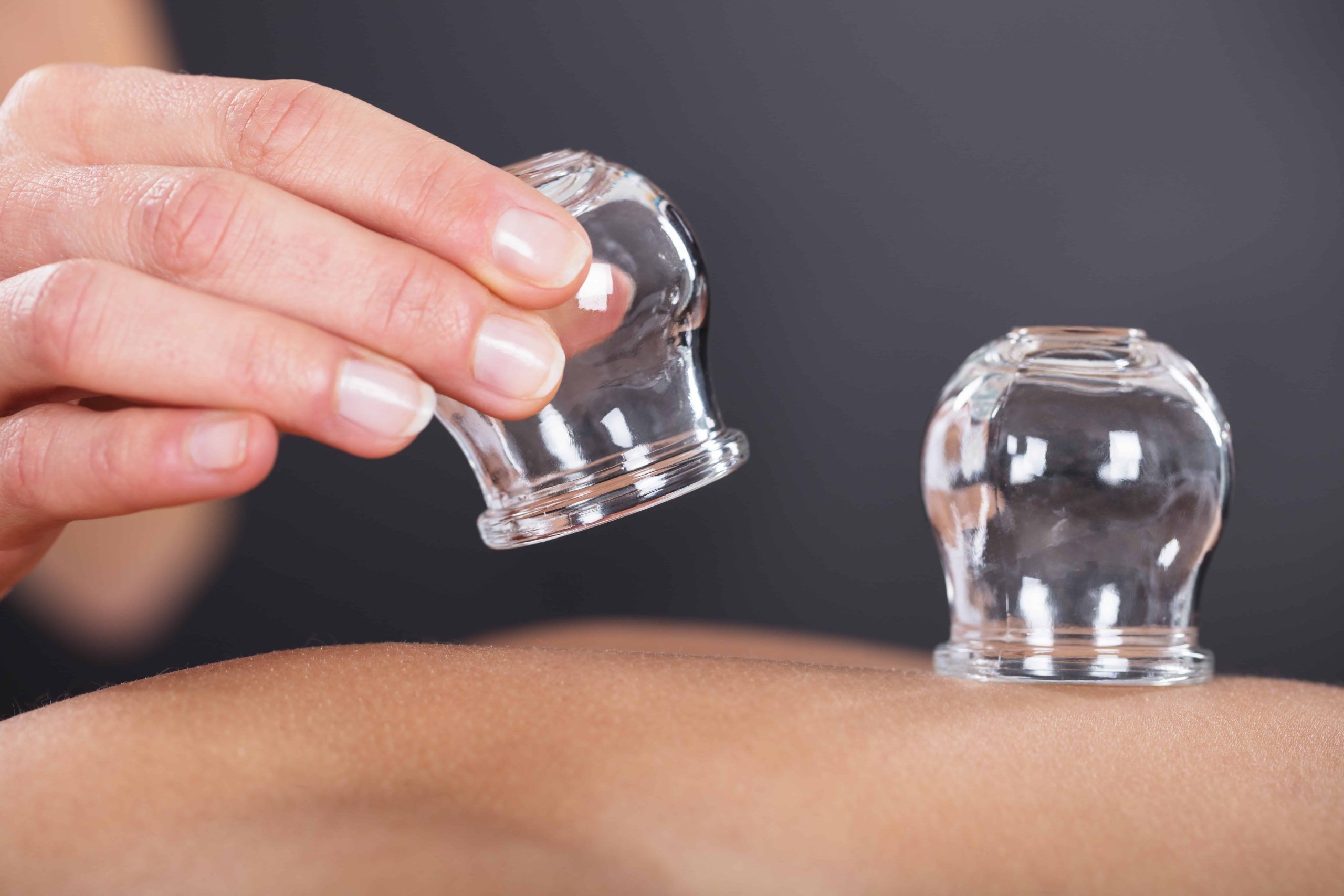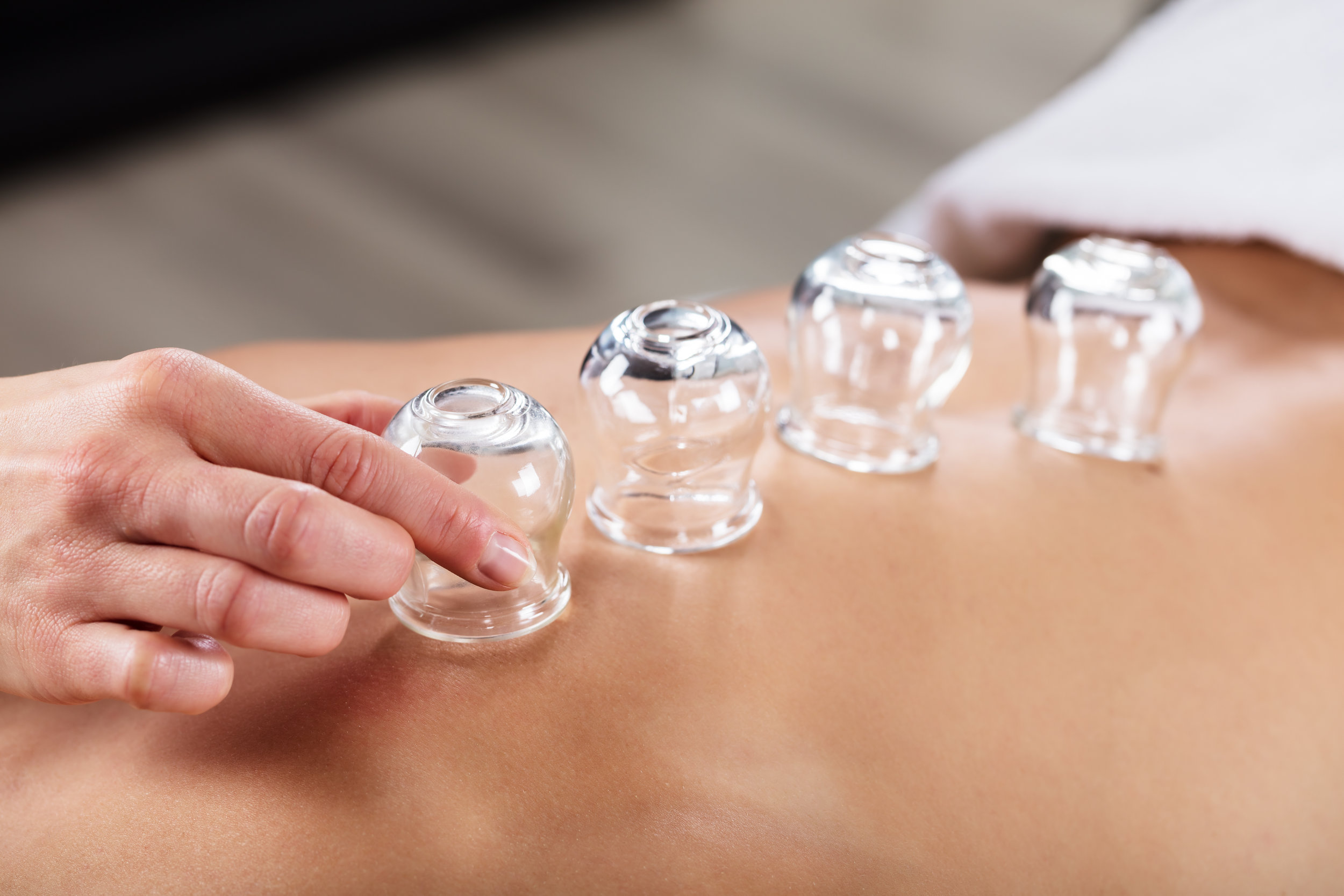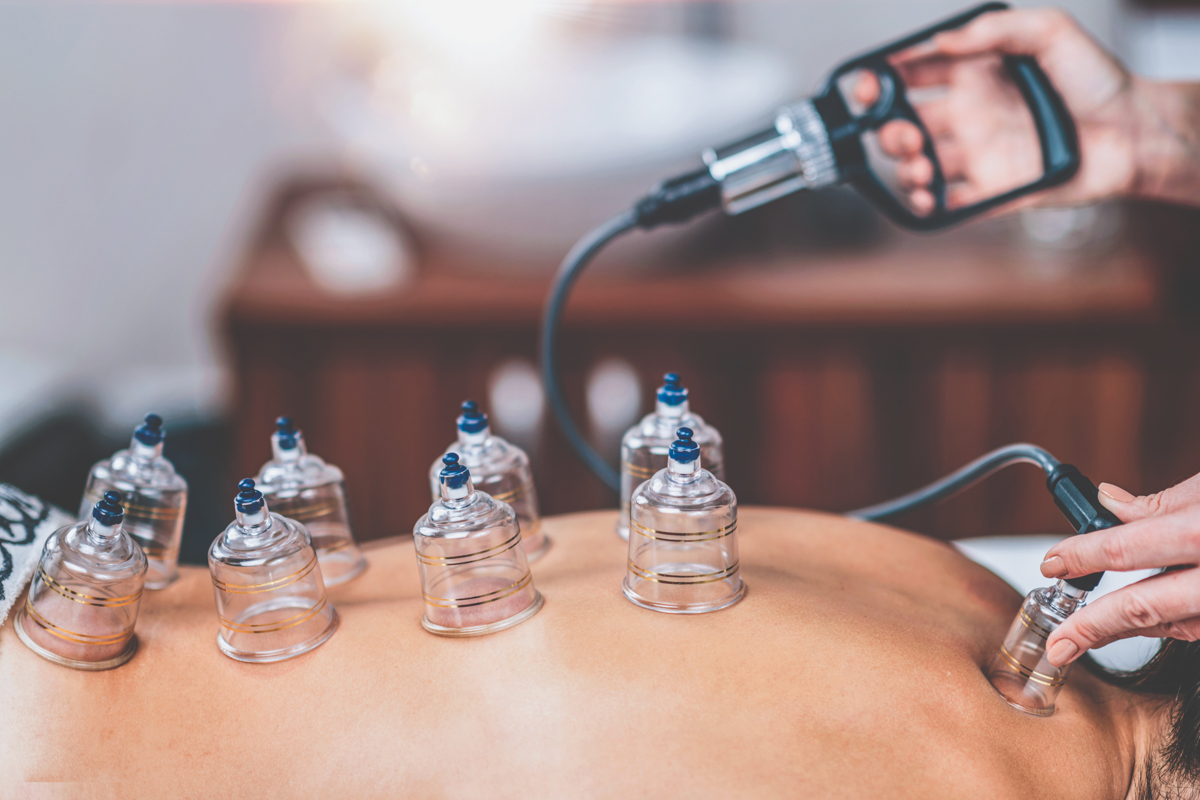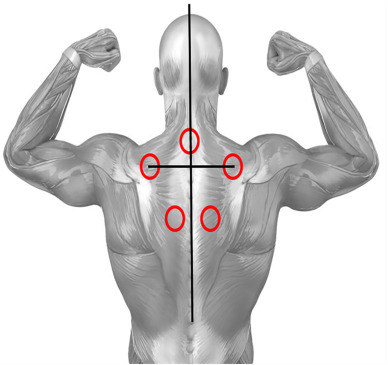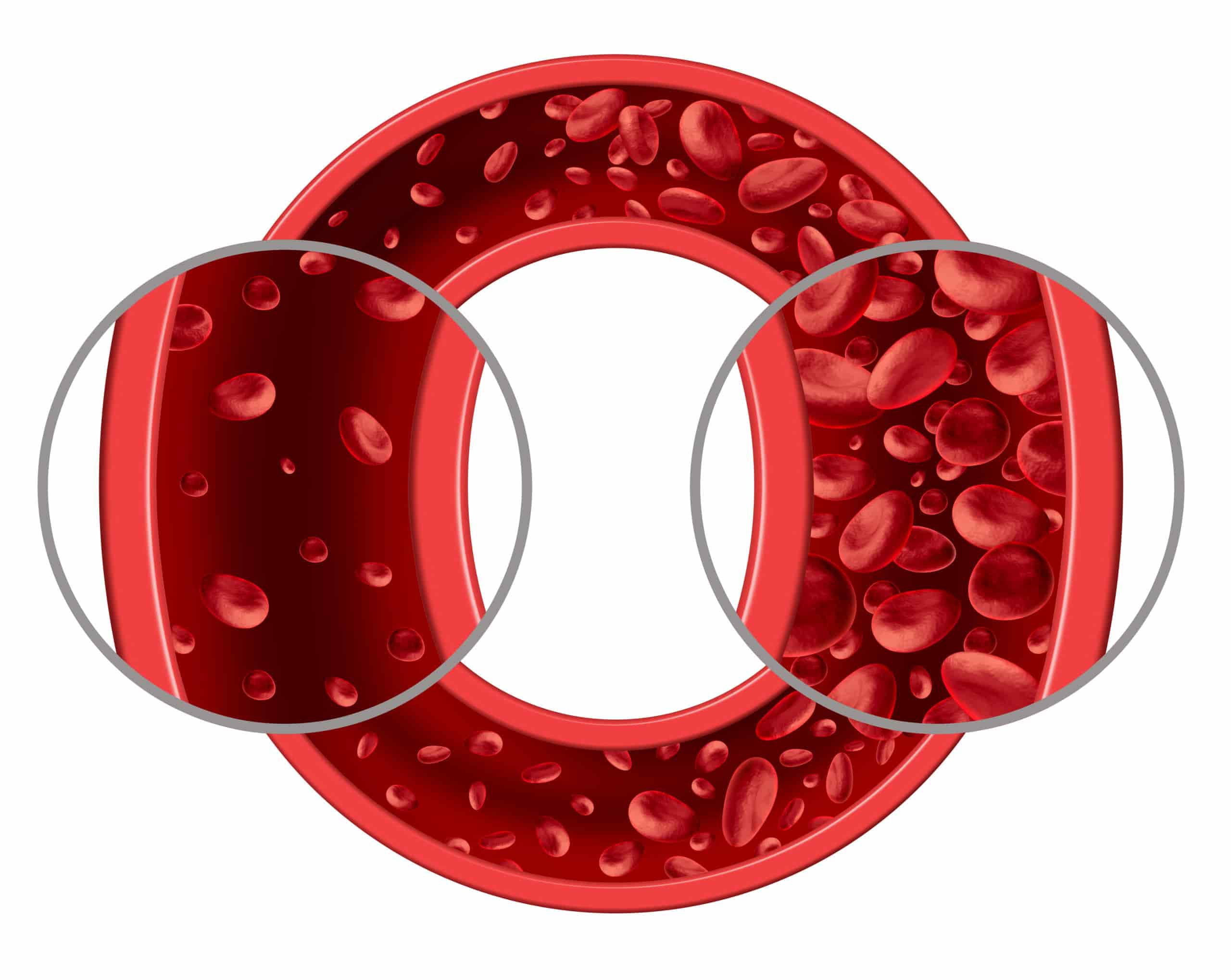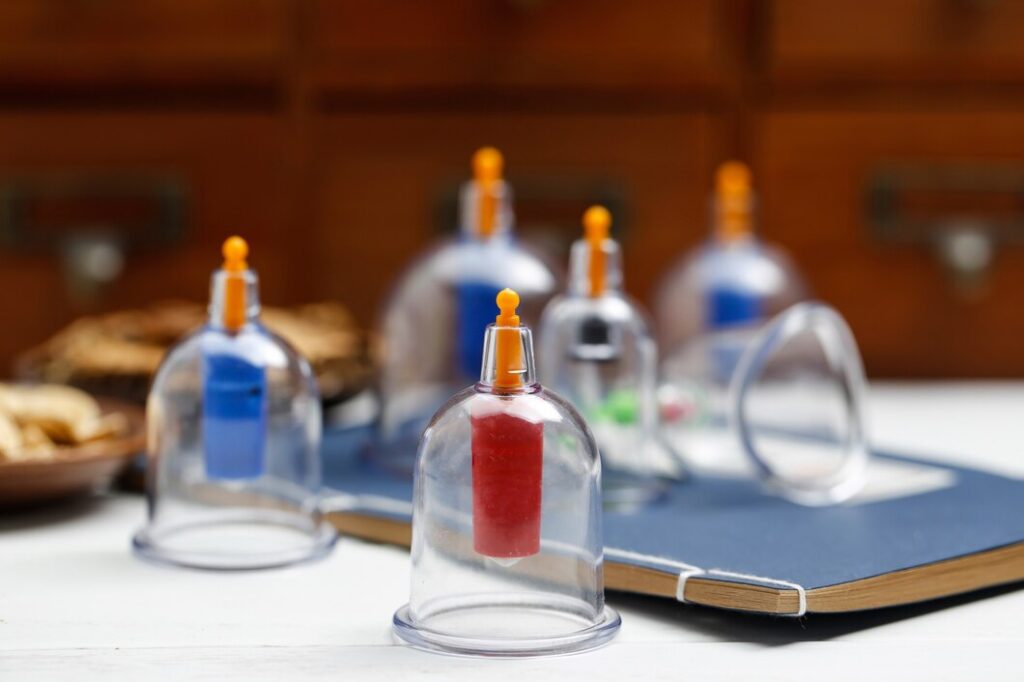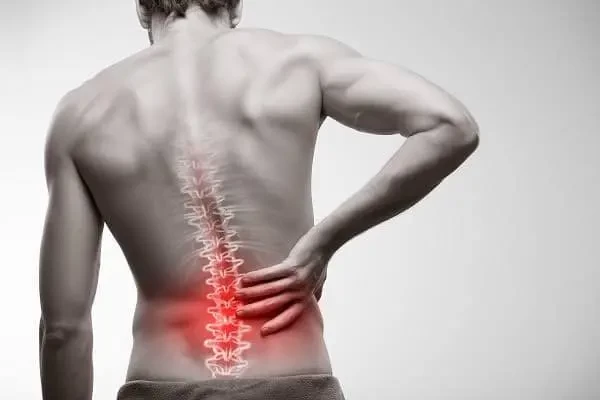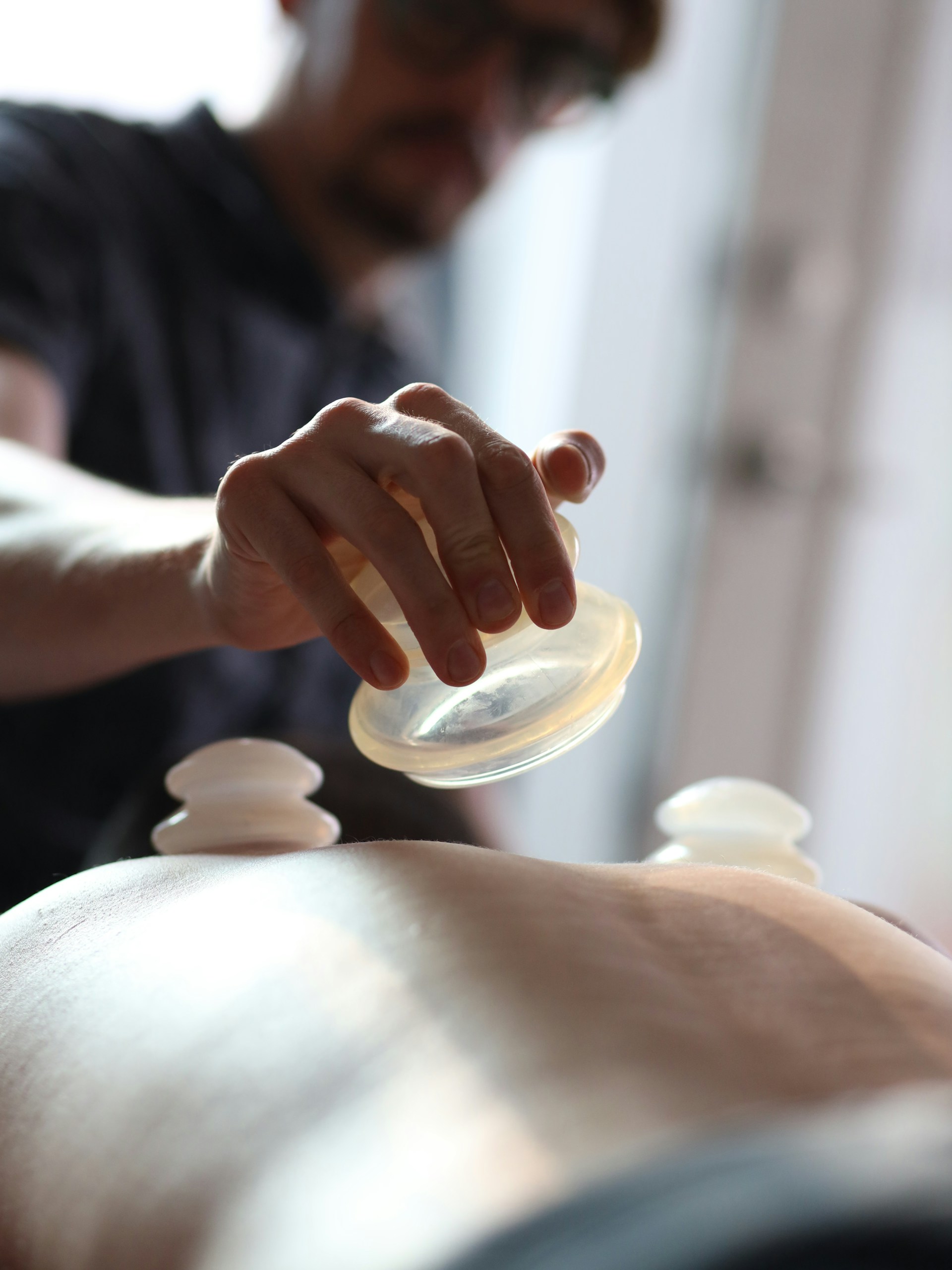A Unique Introduction:
In a world filled with traditional remedies for digestive problems, cupping therapy emerges as a unique treatment option, offering promising potential to relieve the pain of irritable bowel syndrome (IBS) and alleviate other digestive disorders. This article aims not only to review the benefits of cupping but also to present a unique perspective that goes beyond superficial understanding, exploring the possible mechanisms that make it a worthwhile option, even in the face of complex challenges like IBS.
Cupping and Irritable Bowel Syndrome: A Gentle Whisper to a Disturbed Digestive System?
Many people silently suffer from chronic abdominal pain, embarrassing bloating, and the frustrating fluctuations between constipation and diarrhea—symptoms characteristic of IBS and other digestive disorders. Rather than simply suppressing symptoms, cupping offers a unique approach that may contribute to restoring balance to the digestive system in a gentle and profound way.
The Unique Mechanisms of Cupping in Soothing the Digestive System:
Although scientific research is still exploring in-depth the effects of cupping on the digestive system, there are potential mechanisms that have captured attention:
Soothing Effect on the Enteric Nervous System: The digestive system is often referred to as the “second brain” due to its complex network of nerves. Cupping may help calm this overactive enteric nervous system, which plays a significant role in IBS symptoms such as pain and cramps.
Improved Circulation in the Abdominal Area: The suction created by cupping increases blood flow to the intestines and surrounding organs. This enhanced circulation may contribute to better tissue nourishment and accelerate the healing process.
Reducing Localized Inflammation: Mild inflammation can play a role in some digestive disorders. Some studies suggest that cupping has anti-inflammatory properties, which may help reduce symptoms related to inflammation in the intestines.
Relieving Muscle Tension in the Abdomen: Muscle tension in the abdominal walls can exacerbate pain and discomfort for IBS patients. Cupping may help relax these muscles and alleviate spasms.

Cupping and IBS: A Window of Hope for Relieving Suffering?
IBS presents a therapeutic challenge due to its complex and multifactorial nature. Cupping offers a unique perspective in addressing its symptoms, as it may help alleviate chronic abdominal pain, reduce bothersome bloating, and regulate disturbed bowel movements, whether constipation or diarrhea. However, it is essential to emphasize that cupping is not a magical cure for IBS but rather a tool that can be part of a comprehensive treatment plan.
Other Digestive Disorders: Can Cupping Help?
In addition to IBS, the role of cupping can be explored in relieving symptoms of other digestive disorders, such as:
Indigestion: Cupping may help improve stomach motility and reduce the feeling of fullness.
Chronic Constipation: It may contribute to stimulating bowel movement.
Irritable Bowel Syndrome (IBS): As mentioned earlier, cupping may help alleviate the main symptoms.
Scientific Research: The Need for Deeper Exploration:
Scientific research on the effects of cupping on the digestive system is still relatively in its early stages. More high-quality studies are needed to confirm its potential benefits and identify the precise mechanisms behind its action in this context.
Cupping as Part of the Journey to Better Digestive Health:
Cupping should be viewed as part of a comprehensive approach to improving digestive health, which includes dietary changes, stress management, and physical exercise. It should not be considered a substitute for conventional medical treatments prescribed by doctors.
A Unique Conclusion:
Al-Khaled Al-Zulal Medical Cupping Centers offer a unique perspective and promising potential for relieving IBS pain and alleviating symptoms of digestive disorders. Its potential mechanisms in soothing the enteric nervous system, improving circulation, reducing inflammation, and relieving muscle tension make it an option worth exploring. However, the need for further high-quality scientific research remains. Individuals suffering from digestive problems should consult their doctors before considering cupping and integrate it cautiously into a holistic treatment plan. Adopting an approach that combines traditional and complementary therapies, under medical supervision, could open a unique window toward improving digestive health and quality of life.



